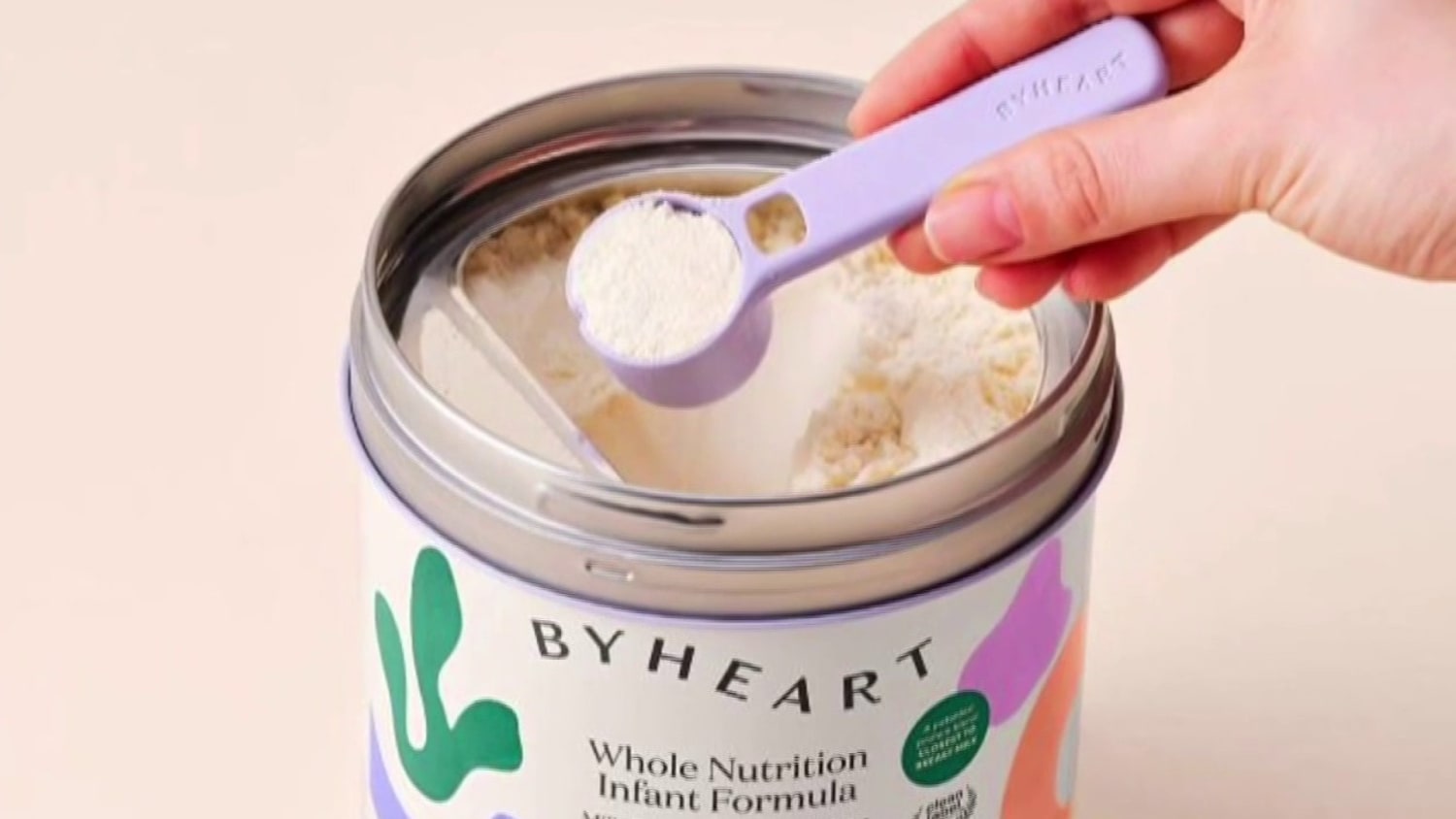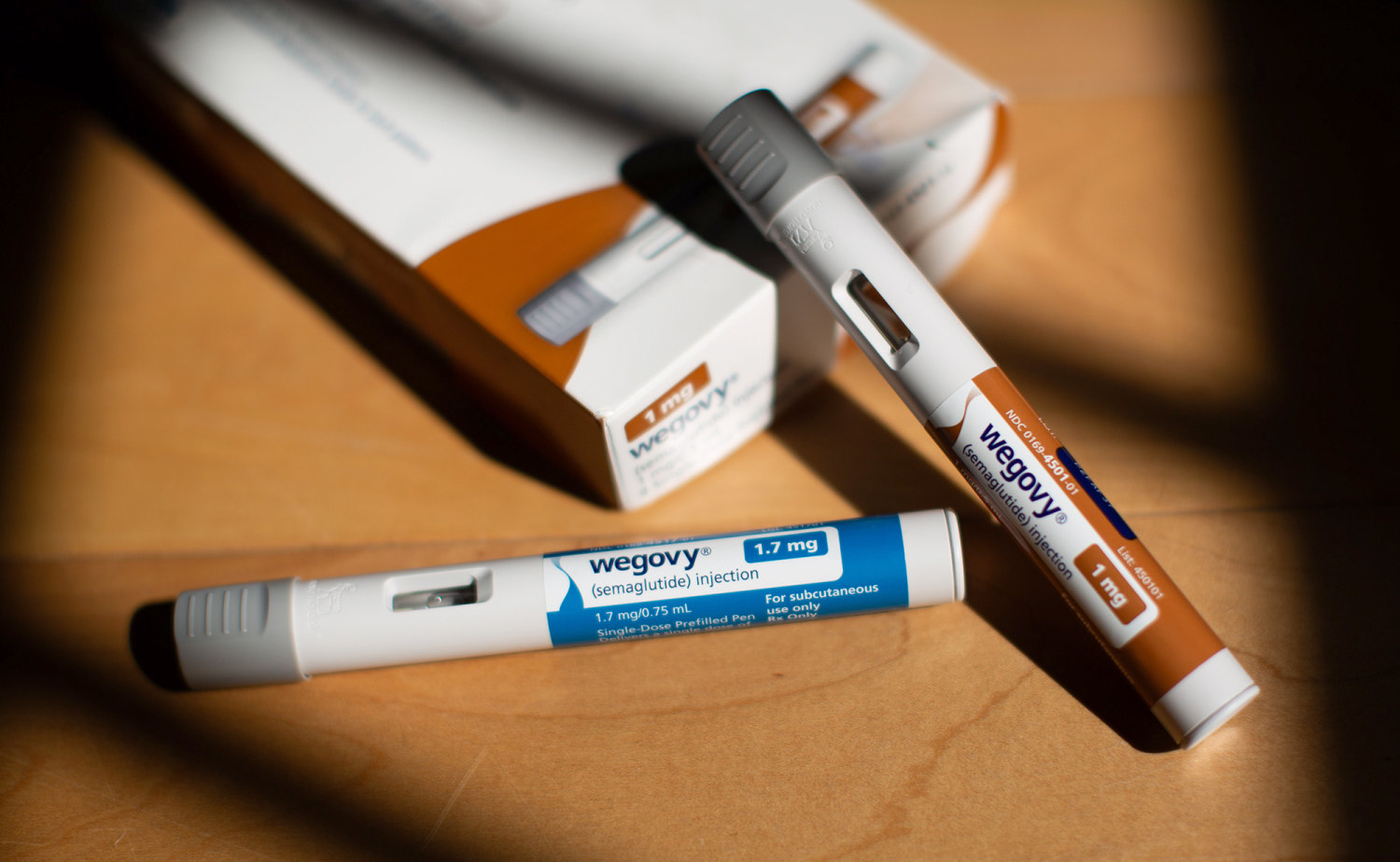A major recall of baby formula across the United States has been announced following a nationwide outbreak of infant botulism linked to ByHeart’s powdered products. The company, facing growing safety concerns, has pulled all batches from the market as health officials intensify their investigation.
ByHeart, a New York-based producer of baby formula, has initiated a full recall of its merchandise following federal health officials linking several instances of infant botulism to its organic Whole Nutrition Infant Formula. The U.S. Food and Drug Administration (FDA) has verified that since August, a minimum of 15 cases have been documented across 12 distinct states, primarily impacting infants younger than six months. The recall, which initially covered only two manufacturing lots, has now been broadened to encompass every batch distributed in both cans and “anywhere packs” — individual, sealed pouches created for ease of use.
The company’s decision follows a formal investigation launched by the FDA over the weekend after evidence pointed toward potential contamination of the powdered formula with Clostridium botulinum, a bacterium that produces a dangerous neurotoxin. This organism, when ingested by infants, can cause a rare but serious illness known as infant botulism, which attacks the nervous system and can lead to muscle weakness, breathing difficulties, and, in severe cases, paralysis.
ByHeart’s co-founder and president, Mia Funt, said in a public statement that the recall was guided by a commitment to transparency and child safety. “The safety and well-being of every infant who uses our formula is, and always will be, our highest priority,” she said. “This nationwide recall reflects our determination to protect babies and give families clear, actionable information. Alongside this recall, we are conducting a comprehensive investigation to deliver the answers parents expect and deserve.”
The expanding epidemic and its link to ByHeart infant formula
According to the Centers for Disease Control and Prevention (CDC), infant botulism develops when Clostridium botulinum spores sprout and generate toxins within a baby’s digestive tract. Initial indicators often involve constipation, feeding difficulties, diminished muscle tone, and faint cries. Without prompt medical attention, the illness can quickly worsen and potentially become fatal. Thankfully, no fatalities have been recorded thus far in relation to this particular outbreak.
The FDA reported that from August 1 to early November, 84 babies nationwide were treated for infant botulism. Of these, 15 cases involved confirmed or suspected exposure to ByHeart’s Whole Nutrition Infant Formula, all of whom needed hospital care. The FDA highlighted that “ByHeart formula seems to be overrepresented among the affected infants,” noting that the brand constitutes only approximately 1% of the overall U.S. infant formula market.
The identified instances have been located across Arizona, California, Illinois, Kentucky, Minnesota, North Carolina, New Jersey, Oregon, Pennsylvania, Rhode Island, Texas, and Washington. While investigations are still in progress, health officials have yet to discover any connections between other brands or common exposures and the ailment.
Advice for parents and guardians
In light of the recall, federal agencies have urged parents and caregivers to stop using any ByHeart infant formula immediately. Those who have already fed their babies with the product are advised to closely monitor for symptoms of botulism, as the illness may take several weeks to develop after exposure.
The FDA has issued specific recommendations: if an infant who consumed the formula does not show symptoms within 30 days, the remaining product should be safely discarded. However, if symptoms such as constipation, weakness, or difficulty swallowing appear, caregivers should preserve any unused formula for laboratory testing and seek medical care immediately.
Health professionals stress that prompt medical care is crucial for recuperation. The main therapy, called botulism immune globulin, is capable of neutralizing the toxin when given quickly, thereby enhancing results and decreasing adverse effects.
ByHeart’s collaboration and reply to the inquiry
ByHeart has consistently asserted its close collaboration with public health authorities to pinpoint the origin of the contamination. The company has extended an invitation to both the FDA and the CDC to examine sealed containers from its premises, aiming to furnish more precise information and alleviate consumer concerns. In a statement issued on Tuesday, ByHeart declared, “We are providing our full cooperation to federal and state investigators, granting them complete access to our manufacturing locations and product specimens.”
The firm additionally pointed out that no existing rules mandate formula producers, both local and international, to screen for Clostridium botulinum. This lack of compulsory testing, according to specialists, underscores a wider susceptibility within the U.S. baby formula distribution network — a system that has encountered frequent interruptions and safety concerns over the past few years.
The California Department of Public Health was reportedly the first to notice an unusual increase in infant botulism cases among babies who had consumed ByHeart products, prompting state officials to alert federal authorities. The collaboration between the FDA and California health officials has since expanded into a nationwide effort to trace the distribution and contamination points of the recalled formula.
Broader implications for the infant formula industry
This latest recall adds to a string of challenges facing the U.S. infant formula market, which has been under scrutiny since the 2022 supply crisis that followed the closure of Abbott Nutrition’s Sturgis, Michigan plant. That shutdown, triggered by bacterial contamination concerns, led to months of nationwide shortages and intensified public awareness of formula safety.
Experts believe the ByHeart recall could further impact consumer trust and availability, as smaller manufacturers have struggled to keep pace with demand while maintaining rigorous safety standards. “Parents rely on formula manufacturers not only for nutrition but also for peace of mind,” said one pediatric nutrition specialist. “Incidents like this shake public confidence and emphasize the need for stricter oversight and testing.”
The recall also raises questions about the complexity of the formula production process. Powdered infant formula, unlike liquid or ready-to-feed versions, carries a slightly higher risk of contamination because it is not sterile. This risk underscores the importance of precise manufacturing practices, environmental monitoring, and post-market testing — factors that have now become central to the FDA’s review of ByHeart’s operations.
Protecting infant health and consumer trust
For households impacted by the recall, the primary focus is on ensuring safety and understanding the situation. The FDA consistently updates its recommendations regarding the outbreak and is anticipated to provide further details as investigations proceed. Concurrently, medical professionals advise parents to remain calm but vigilant for signs of illness and to consult with pediatricians should any health concerns emerge.
ByHeart’s comprehensive recall, while disruptive, may help contain the outbreak and prevent further cases. The company has emphasized its commitment to transparency and cooperation, pledging to share test results publicly as soon as they become available. “We are doing everything possible to understand what went wrong and to prevent it from happening again,” the company stated.
As the investigation continues, the incident serves as a reminder of the delicate balance between innovation and safety in infant nutrition. The formula industry — essential to millions of families — operates under enormous responsibility. Ensuring that every product is safe, sterile, and rigorously tested remains not only a regulatory obligation but a moral imperative.
The ongoing events involving ByHeart highlight the necessity of strong supervision, constant vigilance, and transparent dialogue among producers, regulatory bodies, and the public. For parents and guardians, this also serves as a reminder to remain updated and attentive, understanding that product safety recalls, though concerning, are vital measures for safeguarding the most impressionable and susceptible individuals in our community.



